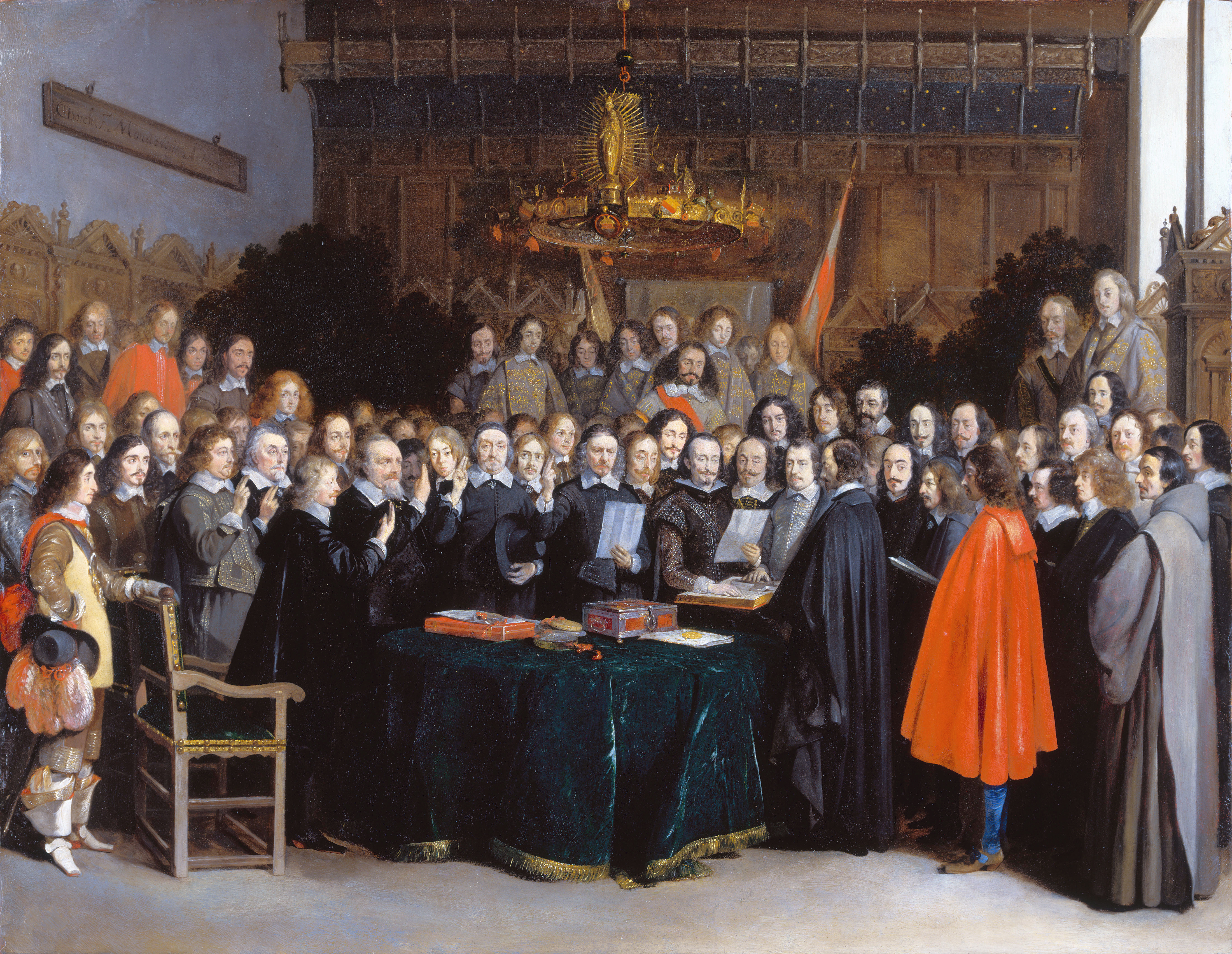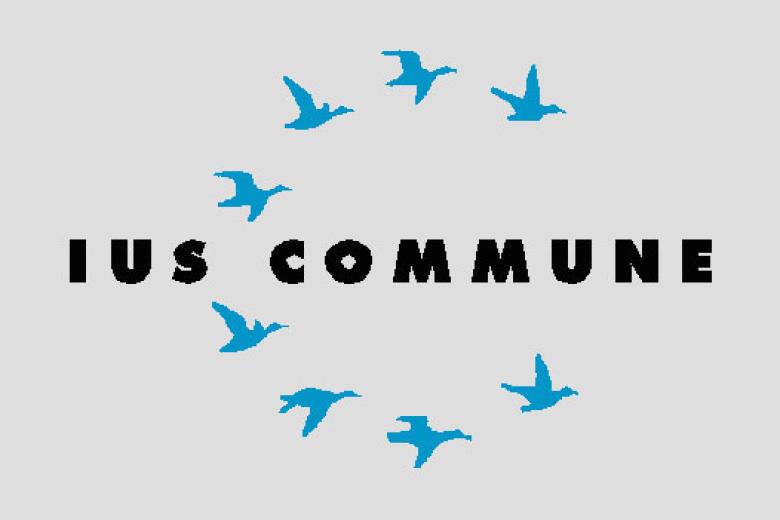According to classic economic thinking—and to common sense—if two parties agree to a deal, both are made better off, otherwise they would not have agreed. This idea is also reflected in contract law, at least in its basic form, treats consent as the cornerstone of a valid contract. If both sides say ‘yes,’ the law usually upholds the deal.
But matters are not that simple. Consumer protection laws, for instance, recognise situations where one party needs special safeguards. And everyone accepts that consent at gunpoint—think of the mobster line, ‘Your signature, or your brains on the contract’—is not real consent. The harder question is why coercion invalidates consent, and even what “consent” really means. In my thesis, I address both questions. Contrary to much of the existing scholarship, which treats the distinction between free and coerced consent as a social construct, I argue that the difference is factual and can be identified objectively.





